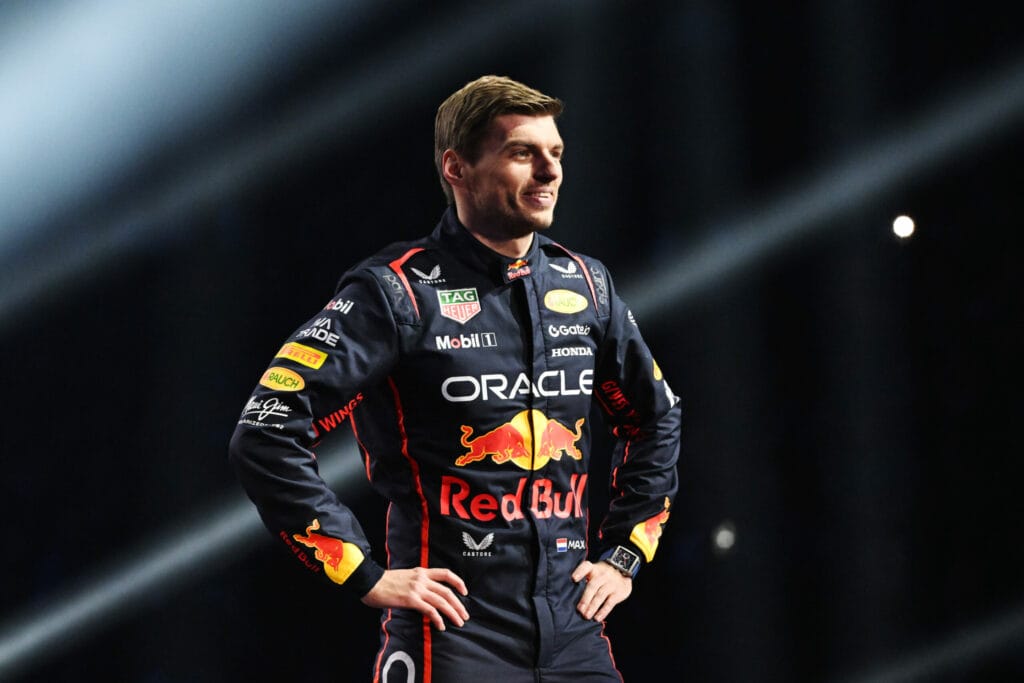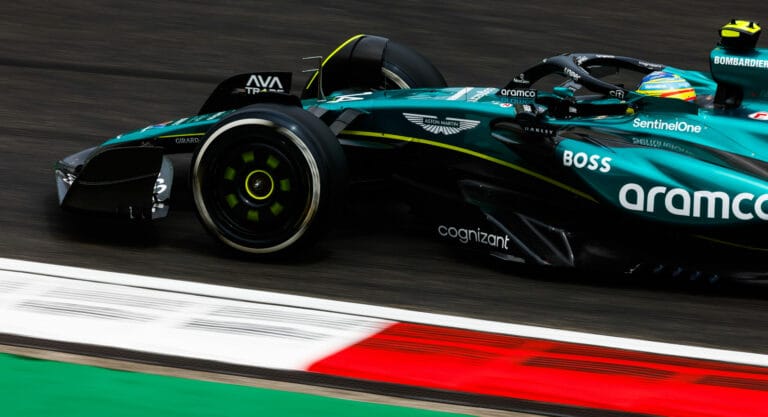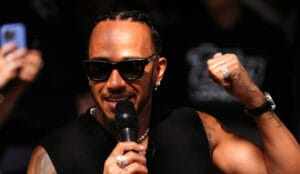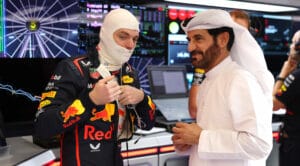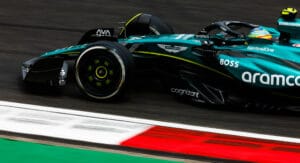The language used by racing drivers is increasingly being regulated. The FIA announced in January that it would be cracking down on foul language, and drivers now even risk suspension for repeated offenses. It’s therefore not surprising that many drivers are becoming more careful with their words. A shame, according to former driver Nelson Piquet Junior. The Brazilian sees an important aspect of Formula 1 being lost, as drivers only respond like ‘robots’.
“These new generation drivers, they have to be actors when it’s time for interviews,” Piquet immediately launches into the Pelas Pistas podcast. “When someone asks you what you thought of a certain incident, half of them respond: ‘I’m very happy to be in Brazil, my favorite country, we’ll sort out that situation, it’s fine.’ They don’t really say what they feel. When they’re really pissed off, or when they know someone is in the wrong.”
Robots in Racing
The Brazilian driver, who gained notoriety for his role in Crashgate during the 2008 Singapore Grand Prix, believes that a crucial aspect of Formula 1 is being lost. “There’s no point in polishing a driver so much that he’s just nice to everyone,” Piquet continues. “James Hunt was known for his characteristics on and off the track. My father (Nelson Piquet) also had a certain way of behaving that was different on and off the track. Nowadays, they’re all robots.”
According to the younger Piquet, there’s really only one driver who dares to be himself. “The only one who still speaks his mind is Max Verstappen. He says what he thinks.” Christian Fittipaldi, former driver and co-host of the podcast, only adds Fernando Alonso to the very short list.
The Playmobil Figure
One driver who definitely won’t make the list, the men agree, is George Russell. “Russell, he’s completely programmed,” Piquet explains. “He’s from that generation, and he must have learned it from Hamilton, where everything he says is calculated.” To which Fittipaldi concludes: “He’s like a Playmobil figure or someone from the Thunderbirds.”


